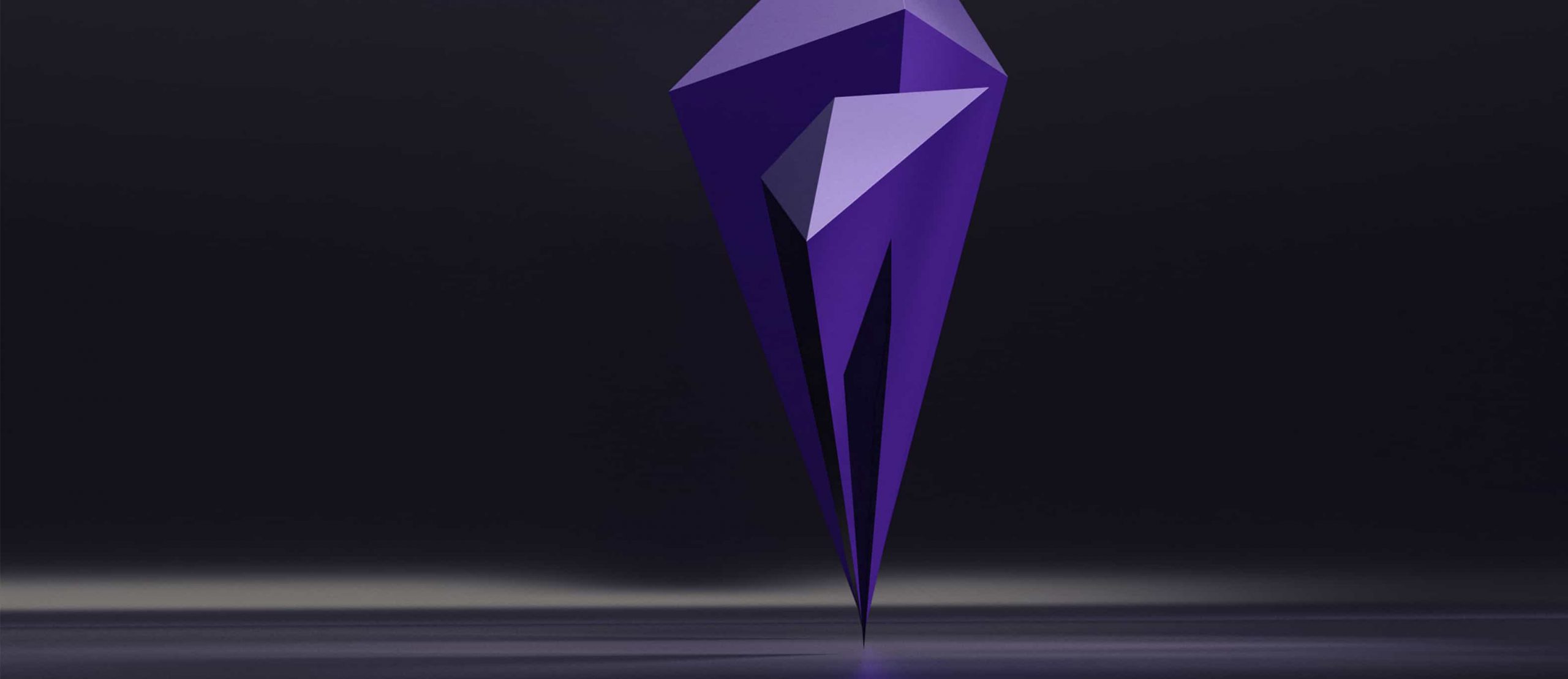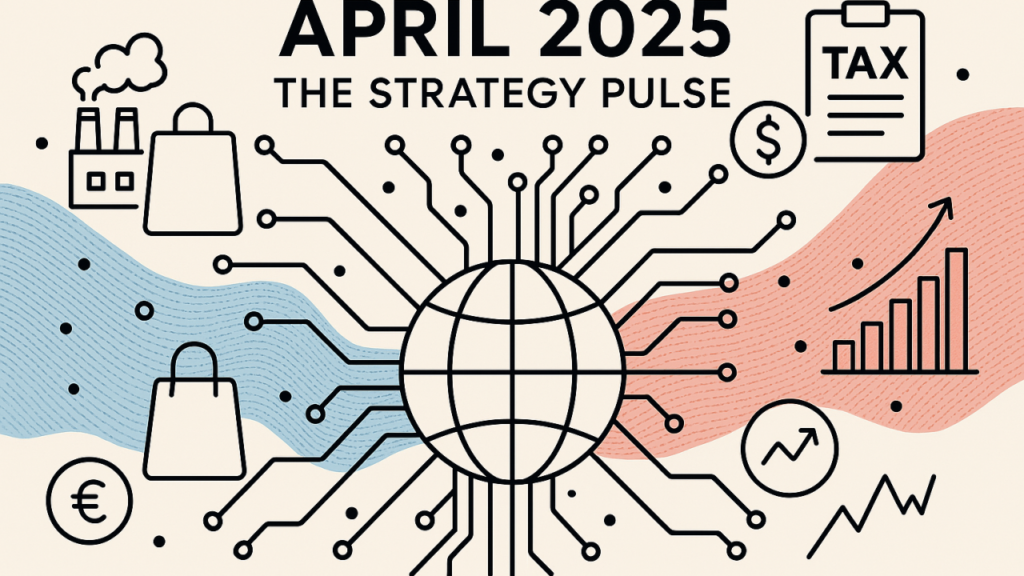
The Impact of Social Media on Recruitment: Best Practices for Leveraging Platforms to Find and Engage Talent
The Impact of Social Media on Recruitment: Best Practices for Leveraging Platforms to Find and Engage Talent
August 31, 2023

Love it or loathe it, social media has undeniably infiltrated practically every facet of modern life. Planning a last-minute weekend getaway? You undoubtedly take to TikTok to see which destinations are trending, flicking through countless videos which sum up the benefits and setbacks of every city under the sun, from Marrakesh to Morecambe.
If you’re finishing school, there’s no way you’d contemplate applying for a university these days without scouring forums, chatrooms and tweets for insider info. And if you happen to be thinking of going to a restaurant for a special occasion, there’s no way you’d just book somewhere, cross your fingers and hope for the best, blindly trusting the marketing material on their website alone. You’d trawl the internet for reviews, taking them as gospel. These days, an influencer – or anyone with a phone and an opinion for that matter – holds as much sway as a top food critic.
And it turns out that the working world is no different. It’s impossible to ignore the fact that the vast majority of jobseekers are using social media in their job search efforts: 96%, to be exact. Meanwhile, according to LinkedIn, nearly 40 million people search for jobs on the professional networking site every week. The traditional job application process, which saw candidates applying for roles through clunky job board websites, is a practice that now belongs to a bygone era.
As technology inevitably evolves, is it any wonder that recruiters and hiring managers will have to seek out new and innovative ways to find and engage top talent? As it stands, it seems that many companies are catching on and beginning to harness the power of social media: 71% of US hiring managers believe that looking at a candidate’s social media profile is a good method for screening job applicants.
But how exactly can recruiters make the most out of their social media presence to attract top talent? Spoiler alert: There’s a lot more to it than posting job ads to LinkedIn.
Strong employer branding
We’ve already covered the power of meaningful employer branding in another article, but it’s worth rehashing here, because a strong employer brand is one of the most effective tools in your company’s arsenal when it comes to finding and engaging talent.
According to McKinsey, strong brands outperform their competitors by a whopping 96%, while research from Beamery found that 69% of candidates who are active on the job market are more likely to apply to a company that proactively manages its employer brand. LinkedIn reports that 49% of professionals currently follow companies that they’re interested in on social media to stay up-to-date with job opportunities.
But what exactly is a strong employer brand? Well, as we mentioned in our dedicated article in more detail, it basically entails having a strong sense of brand personality: What makes your company unique and what can you offer to potential candidates that other competitors cannot? Your company needs a powerful and convincing EVP (Employer Value Proposition) – which is basically an elevator pitch, aka the messaging that is funnelled into all of your marketing material.
Consistency is key: Engage with the latest social media trends and provide your followers with tailored, value-add content in order to garner attention from the right audience. It’s important for recruiters to work alongside marketing teams in order to ensure a streamlined approach to engaging talent.
By crafting a strong employer brand, you’ll be playing the long game of building the talent pipe-line when hiring in the future, not just in the here and now. You’re cultivating a meaningful relationship based on trust by regularly engaging customers and candidates – even those that may not be looking for a job right now, but will have your company at the front of their minds when they do ultimately embark on a job search.
Individual recruiter branding
Taking this one step further, we introduce you to the concept of personal branding. While having a strong employer brand is all well and good, ultimately there’s no denying that people buy from people – more so than companies – and this is where the value of a strong recruiter social media profile comes in.
Around half of adults (51%) with a bachelor’s or advanced degree use LinkedIn, so you really want to optimise your presence on this platform as a recruiter to ensure that you’re dipping into as much of this rich talent pool as possible. Promoting jobs and showcasing your personality on LinkedIn is a crucial means of getting yourself in front of top talent. LinkedIn can often feel like an echo chamber, full of recruiters and companies vying for the attention of an elite echelon of talent. You really want to optimise your chances of engaging these candidates, and to do so you need to be posting on your individual profile, not simply depending on the company page to do the work for you, in order to broaden your reach as widely as possible.
Proactive recruiters and employees who post on their own social media profiles are powerful advocates for the company who can draw in top talent. Employee advocacy adds another layer of insight to potential candidates who may be researching your company already, with Gallup reporting that 71% of candidates use referrals from employees currently working at the company to inform their decision when it comes to choosing a role.
Look beyond LinkedIn
While LinkedIn is likely to be your first port of call when it comes to attracting talent, it’s important not to dismiss other social media platforms where top talent may be dwelling. As part of your employer branding, it’s important to ascertain which platforms your unique audience and desired talent pool are using, so that you can be more targeted in your approach when it comes to engaging potential candidates – it’s better to focus on a limited few platforms rather than aimlessly using many of them.
For example, if you’re advertising for a more interactive or artistic role it might be a good idea to leverage a visual platform like Instagram, which boasts 2 billion users, while if you’re looking for fresh talent to fill more junior roles it could be worth showcasing your business by uploading quirky, fun and engaging videos on TikTok. Meanwhile, Twitter can be a great tool for engaging candidates, thanks to hashtags and the focus the platform places on communication – which make it a great place to share industry news and valuable insights, as a means of staying involved in the conversation happening among the wider community you’re recruiting in. This is one way of organically growing a valuable following of individuals who are genuinely interested in their specialism.
It’s not a one-way street
There’s no doubt that social media is an efficient, immediate and cost-effective tool when it comes to presenting your company in the best possible light. When used correctly, companies can provide top talent with an insight into what it’s like to work there, promoting jobs while simultaneously providing candidates with valuable resources.
Social media also allows recruiters to look at how candidates present themselves in their personal lives, on platforms like LinkedIn, Facebook and Instagram. However, if you really want to leverage social media to its fullest potential, you need to open up the conversation and allow potential talent to truly engage with you…Even if that can be uncomfortable at times.
Your company’s social media platforms need to be more than just glittering, carefully-curated online brochures that reek of superficiality. These platforms need to be safe spaces that allow employees and job seekers to get vulnerable and candid about their questions, concerns and expectations – where open communication is valued above all else. This element of meaningful authenticity is ultimately what sets your social media presence apart from old-school, outdated recruitment methods.

